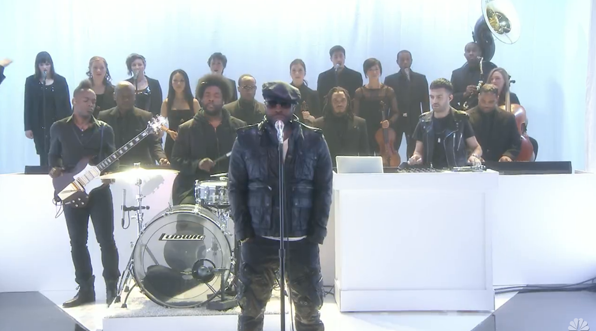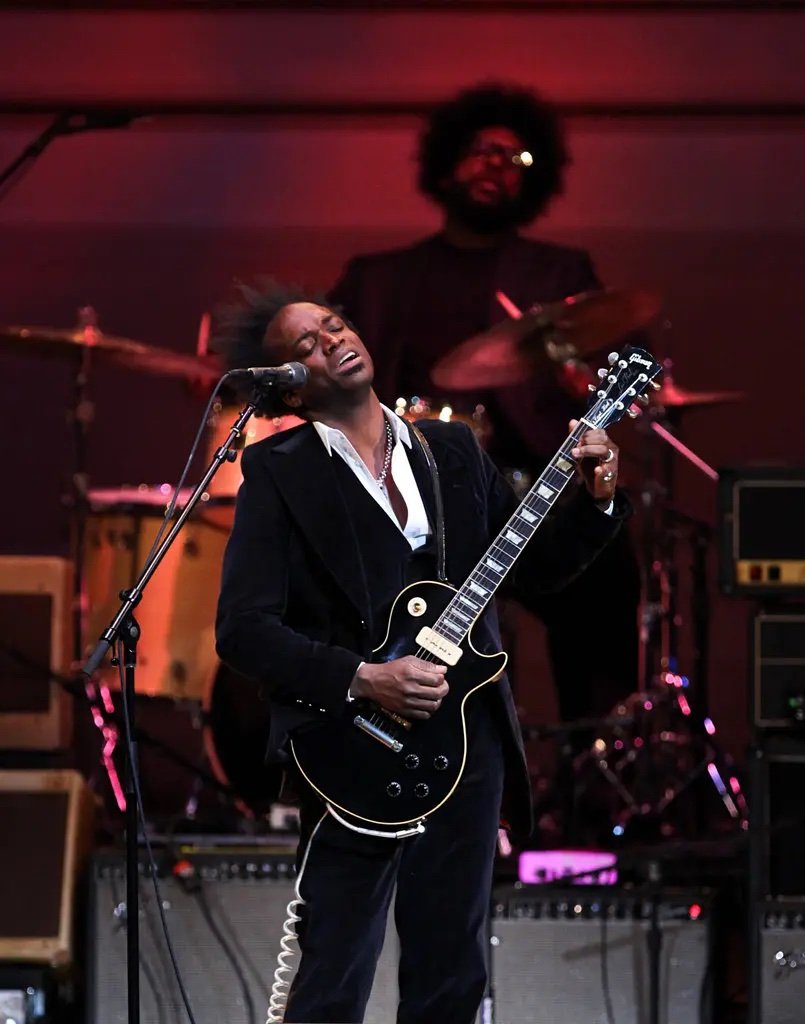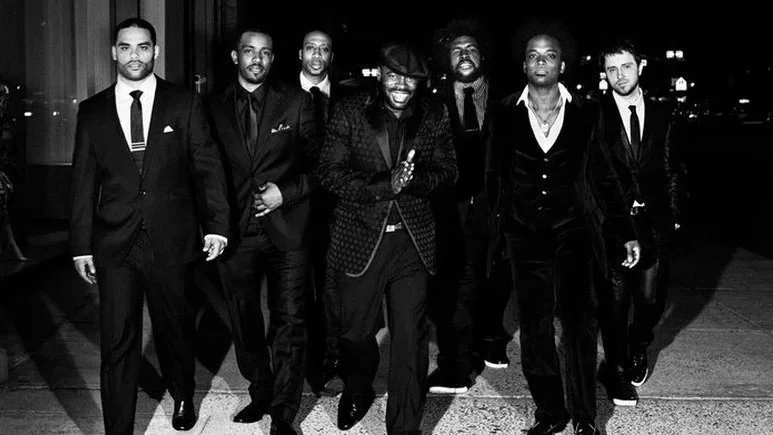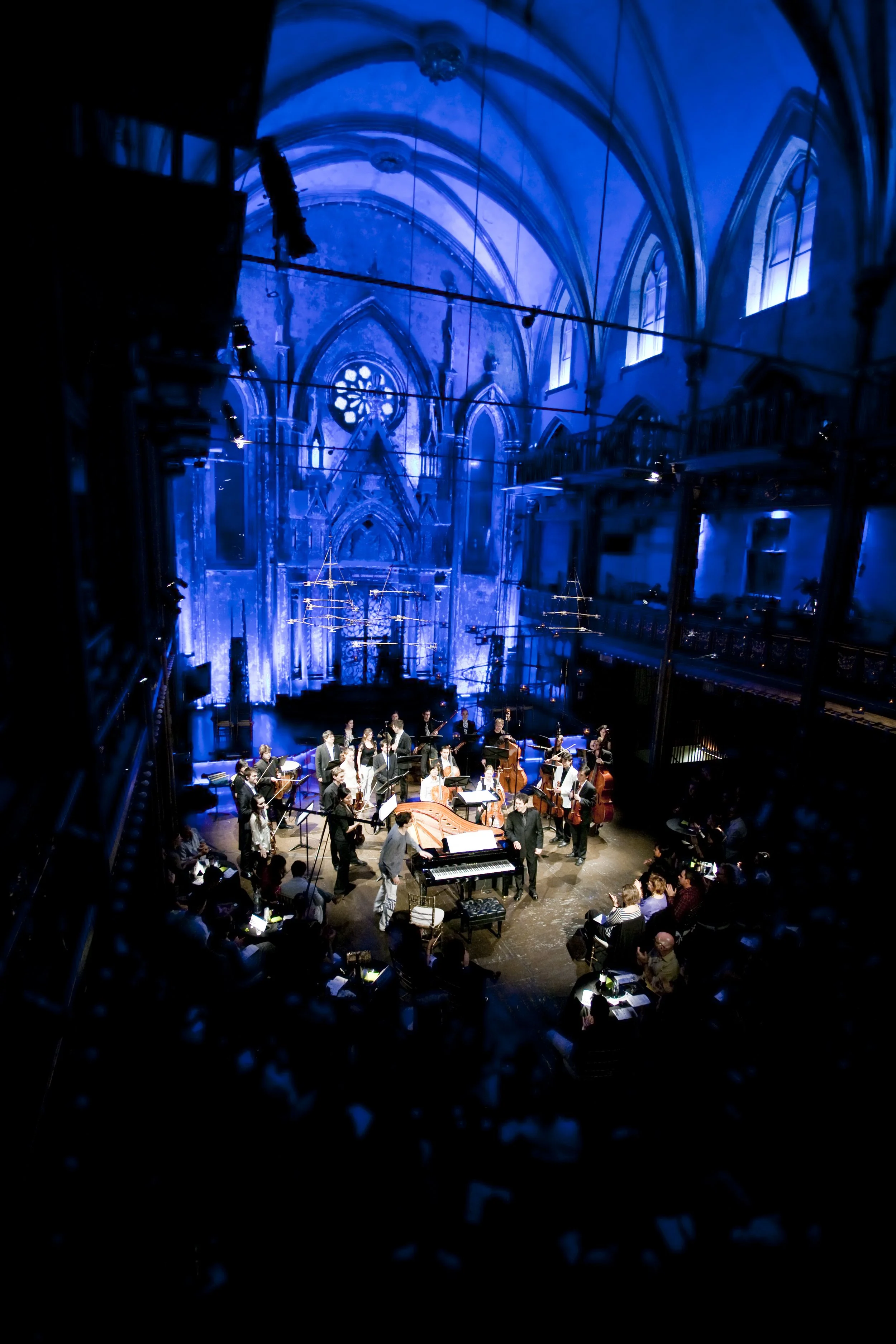We are pleased to hear that Metropolis artist Avi Avital will be signed in an exclusive recording agreement with Deutsche Grammophon as the first mandolinist to be signed by the label. The complete press release follows below.
Recognized by the New York Times for his “exquisitely sensitive playing” and “stunning agility”, Grammy®-nominated mandolinist Avi Avital is one of the most exciting young musicians on today’s scene — deeply committed to building a fresh legacy for the mandolin through virtuosic performance and refreshing new repertoire.
Israeli-born Avi Avital has won many competitions and received awards including Germany’s Echo Award — and is the first mandolin player to receive a classical Grammy® nomination for “Best Instrumental Soloist Performance” in 2010.
Avital’s debut Deutsche Grammophon recording will be an all-Bach album — including transcriptions of concertos for harpsichord and violin in arrangements for mandolin and orchestra — with Kammerakademie Potsdam.
Michael Lang, President of Deutsche Grammophon, says: “Avi Avital is a remarkable virtuoso, completely at home in his instrument’s traditional repertoire, but also an extraordinarily communicative pioneer of new music. We are very pleased to welcome him to the Deutsche Grammophon family.”
On signing the contract Avi Avital remarked: “I am honored to join a label which has recorded so many legendary instrumentalists — and I look forward to bringing traditional and contemporary music for mandolin to audiences around the world — starting with the greatest traditional-modernist of all, J. S. Bach!”
Grounded in his instrument’s Baroque tradition, Avi Avital’s performances regularly include concertos by Vivaldi, Paisiello, and Bach — as well as works by many contemporary composers, including Avner Dorman, David Bruce, and Josef Bardanashvili. His 2011 concert dates have included appearances in Germany, Israel, Italy, Switzerland, the UK, and the USA — with dates scheduled in Germany, France, UK, China, and Taiwan.
Avi Avital is internationally regarded for performances at venues including Carnegie Hall and Lincoln Center in New York, the Berlin Philharmonie, the Wigmore Hall in London, and the Forbidden City Concert Hall in Beijing. He has also been featured at the Tanglewood, Lucerne, Spoleto, and Ravenna summer music festivals.
“Avital has the gift of transforming the seemingly impossible into reality. His magical fingers arrange, shape, and twist the melodious phrases so evocatively that they take on a vocal quality, sounding even more vibrant than the music many violinists or cellists coax from their instruments.” (Jesko Schulze-Reimpell, Donaukurier)
“Avital’s playing, which can be defined as ‘everything you never dreamt a mandolin could do’, was truly breathtaking in virtuosity and dedication.” (Noam Ben Ze’ev, Haaretz Daily)

















